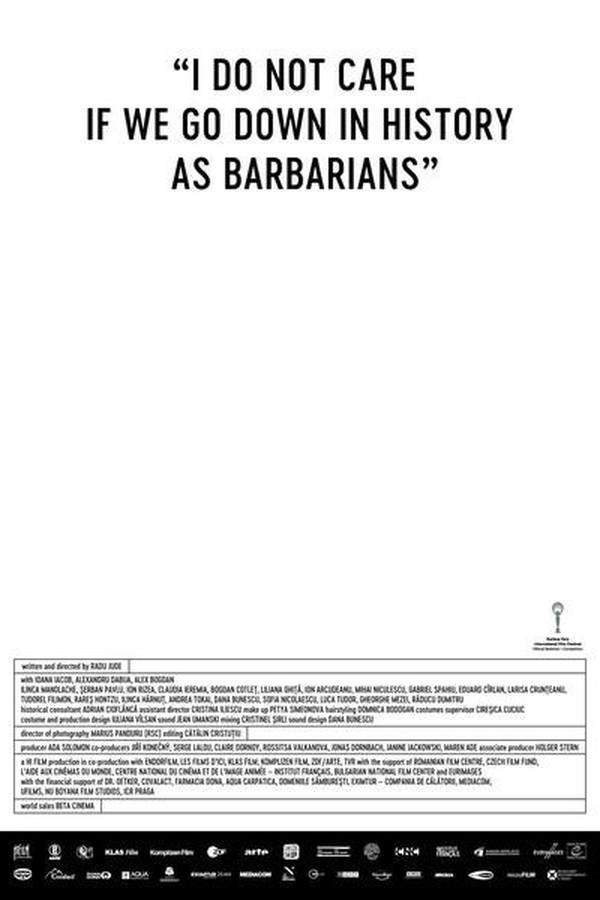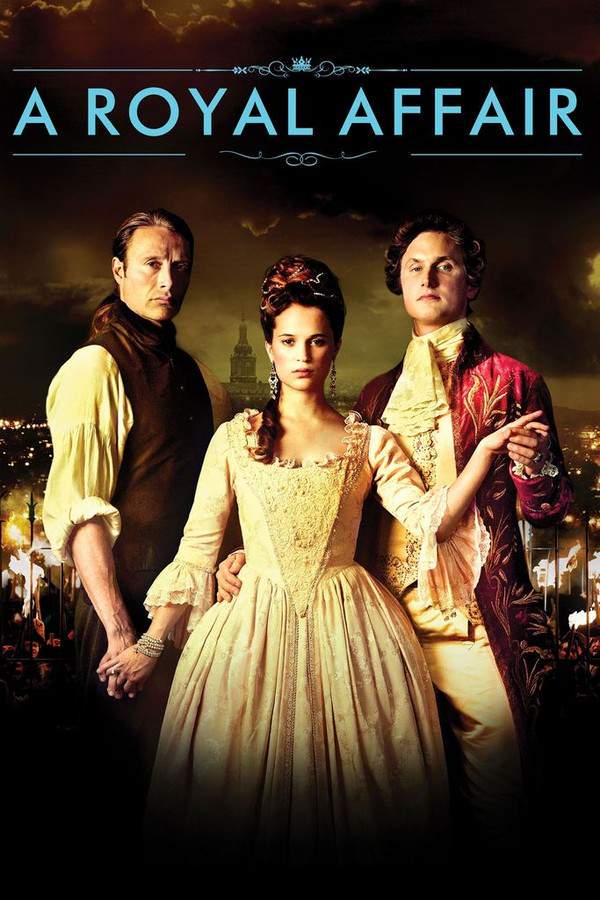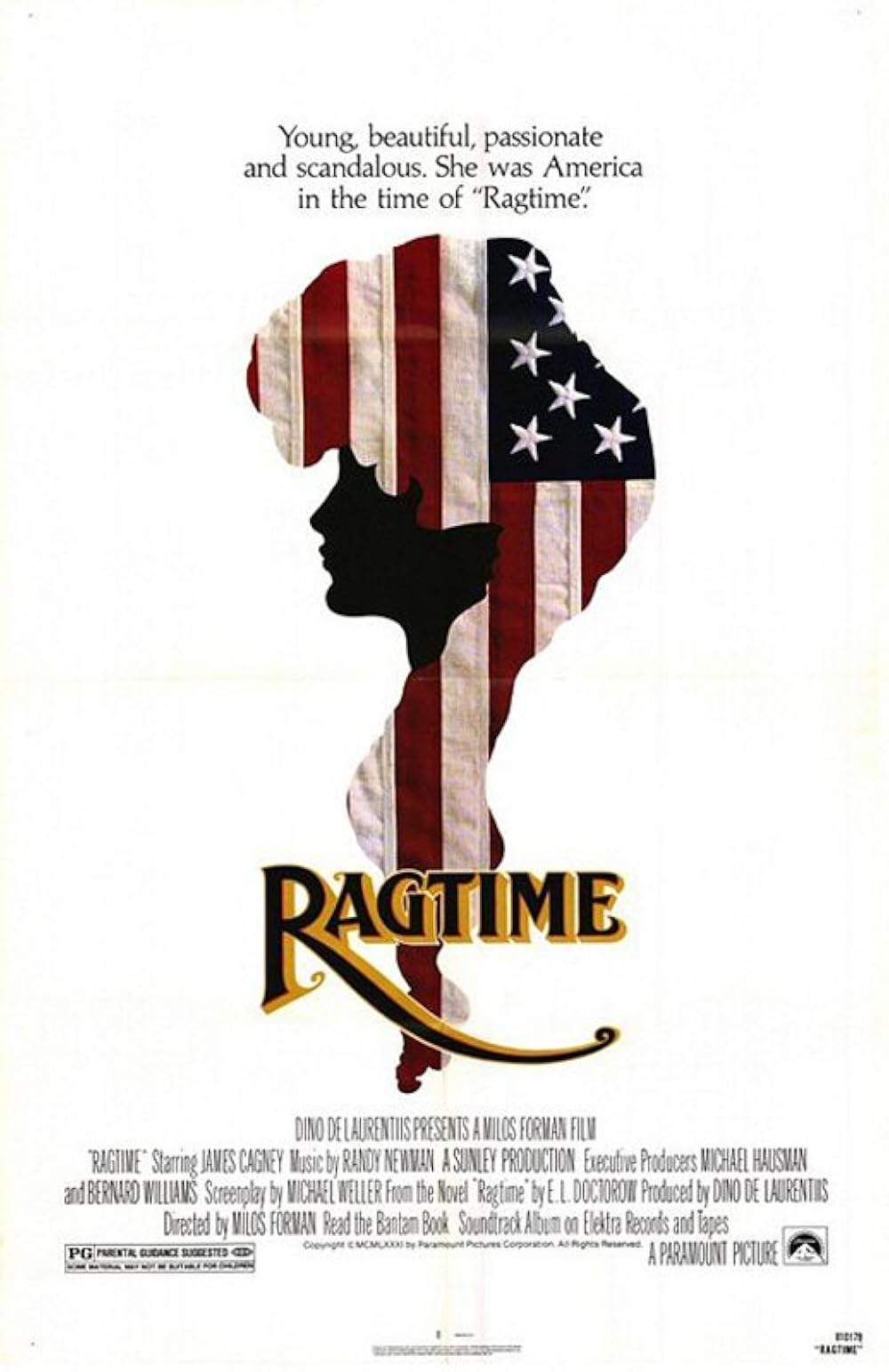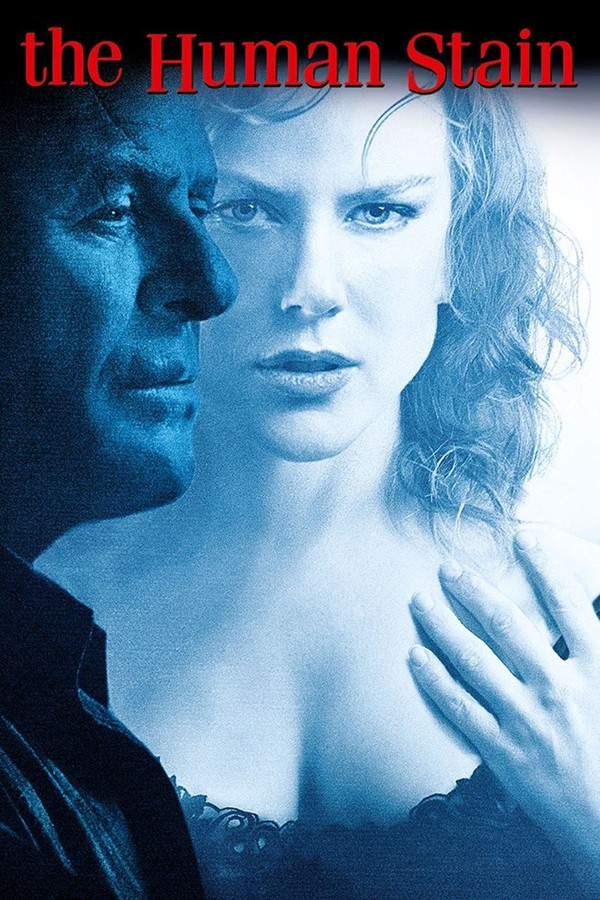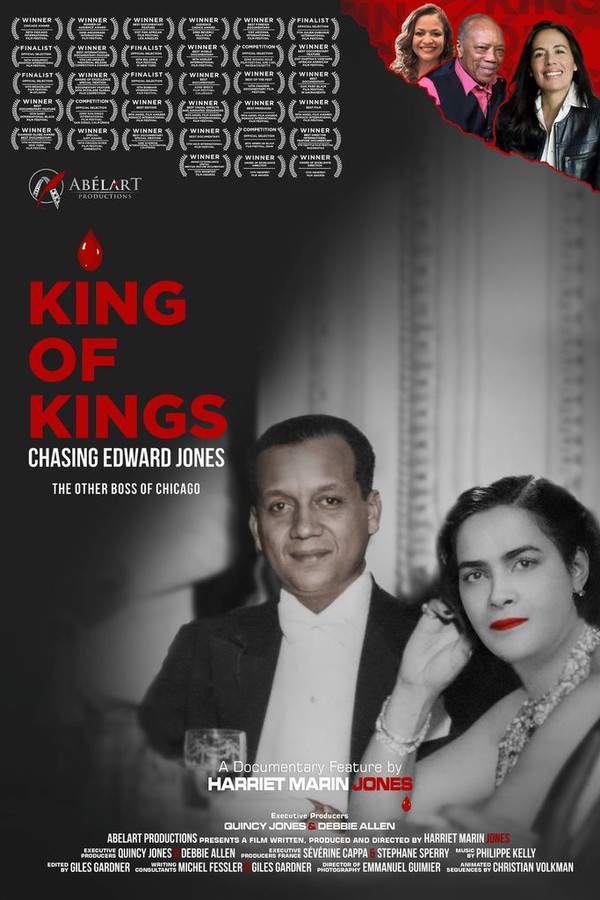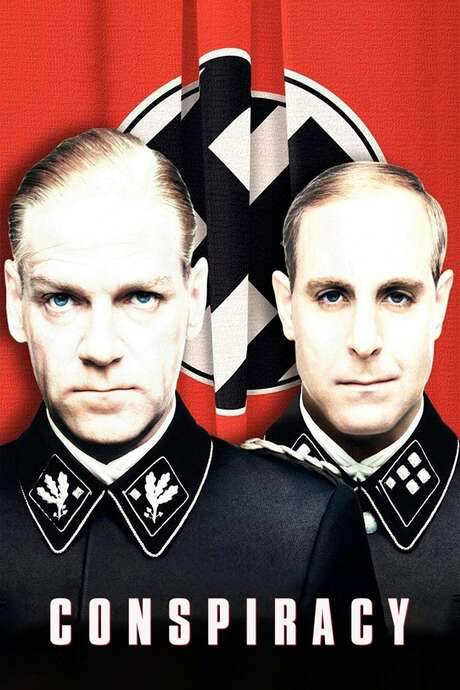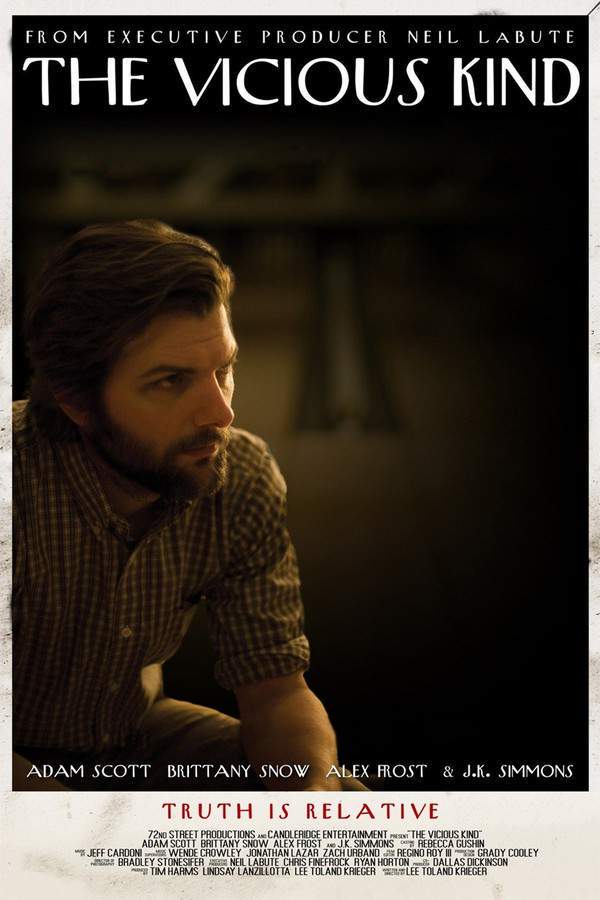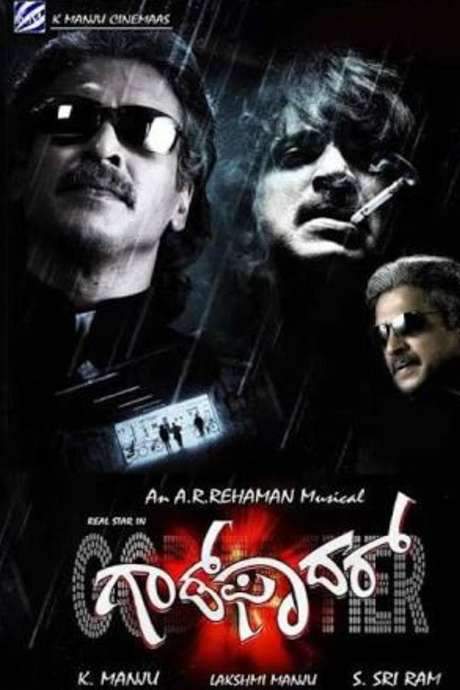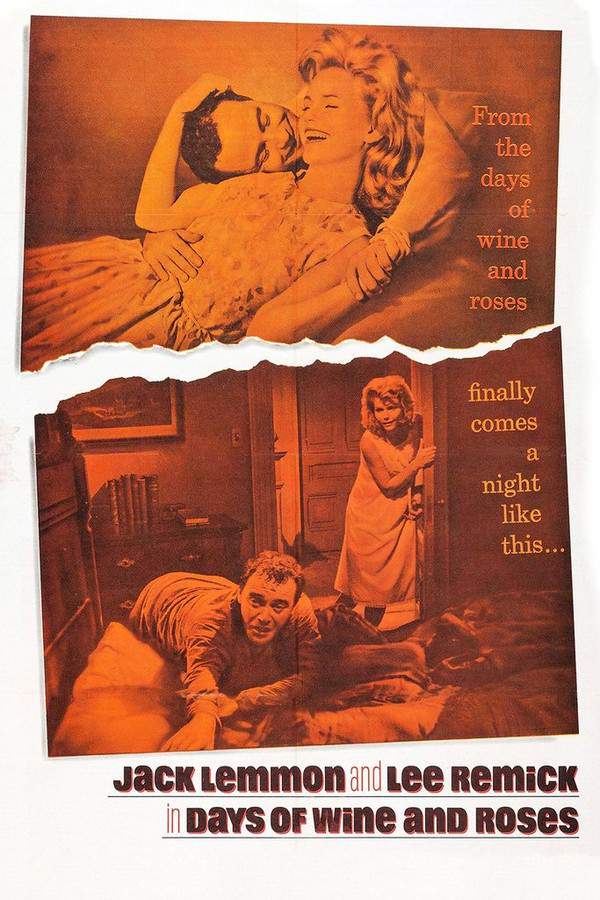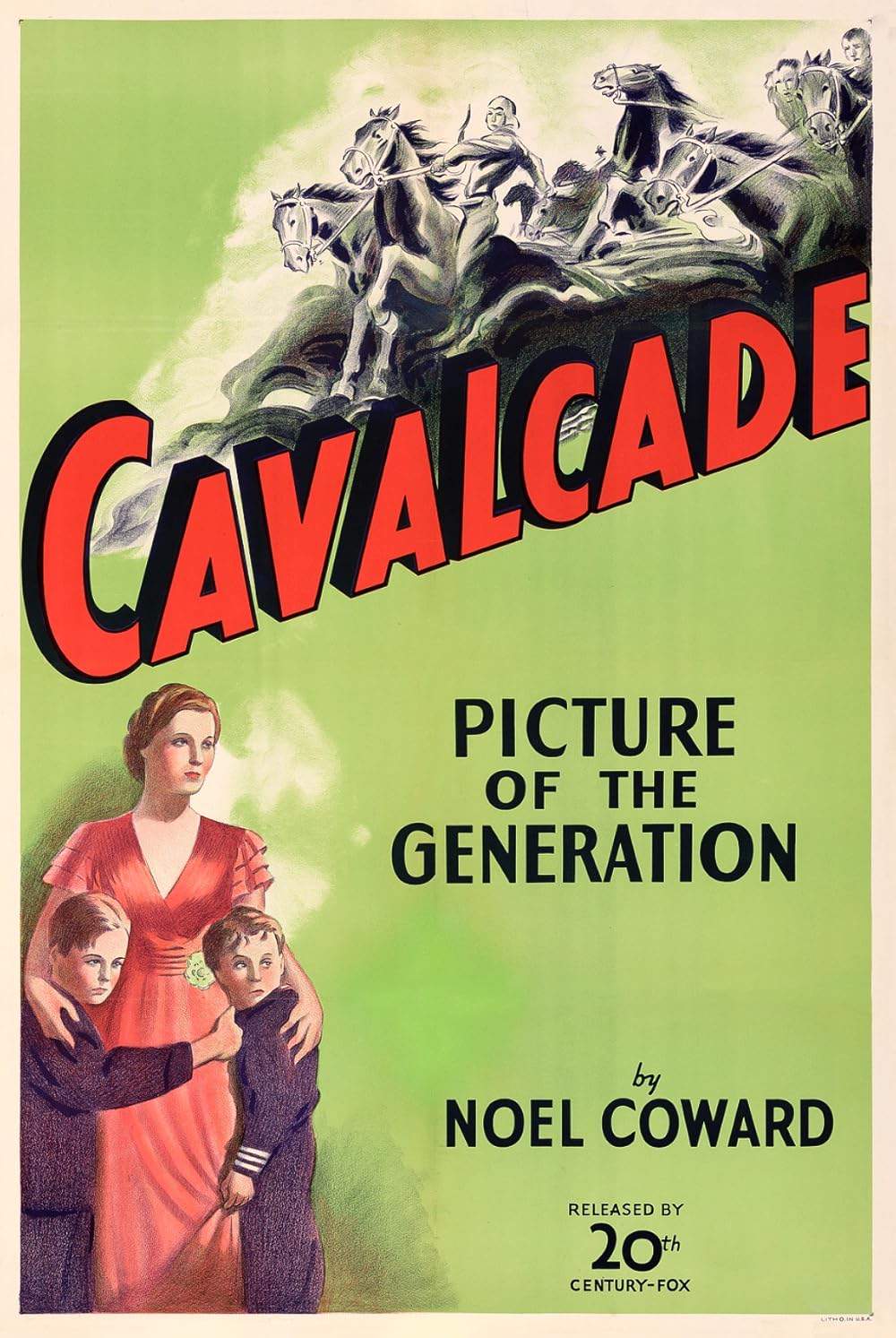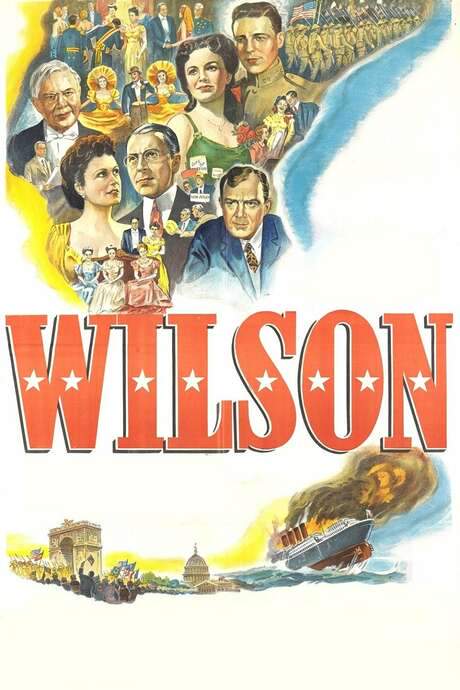
The Wet Parade
Year: 1932
Runtime: 118 mins
Language: English
Director: Victor Fleming
The narrative follows the clash of two families as the scourge of alcohol, both before and during Prohibition, reshapes their lives. The affluent Chilcote family and the diligent Tarleton family each feel the corrosive effects of drinking, highlighting the social and moral turmoil of the era.
Warning: spoilers below!
Haven’t seen The Wet Parade yet? This summary contains major spoilers. Bookmark the page, watch the movie, and come back for the full breakdown. If you're ready, scroll on and relive the story!
The Wet Parade (1932) – Full Plot Summary & Ending Explained
Read the complete plot breakdown of The Wet Parade (1932), including all key story events, major twists, and the ending explained in detail. Discover what really happened—and what it all means.
In 1916, a Louisiana family is reshaped by trouble and alcohol. Maggie May Chilcote watches over her heavy-drinking father, Roger Chilcote, helping him in small, steady ways—tying his shoes, pulling him back from public spectacles, and carrying him through the worst of his escalations. Roger’s life spirals into a destructive mix of drinking and gambling that drains most of the family’s money. In the grip of withdrawal, he takes his own life. At the funeral, friends toast him, but Maggie makes a quiet vow to fight the scourge of alcohol abuse that took him from them.
Meanwhile, Maggie’s brother, Roger Chilcote, Jr., a young writer, heads to New York City after his novel is accepted. His college friend, Jerry Tyler, a newsroom keeper of stories, rents him a room in the modest hotel where he stays. The hotel is run by the troubled, often reckless hands of Pow Tarleton, a man who has wasted his family’s resources on drink, with his wife, Bertha Tarleton, and their son Kip Tarleton managing the place. Pow’s political zeal and drink are bound together as he stumps for Woodrow Wilson’s reelection while keeping the drinks flowing and the family strained.
World War I interrupts ordinary life; the war ends and the 18th Amendment becomes law in 1919 despite President Wilson’s veto, reshaping the social landscape that Maggie and the Tarleton clan inhabit. Maggie May travels to the hotel to meet her brother, where a flirtatious Pow mistakes her for a prostitute and leads her to Roger’s room. Kip rushes upstairs to eject her, but his anger cools and he learns the truth. Roger discovers that Pow has replaced all of his liquor with water, a cruel substitute that underscores the era’s paradoxes. Maggie May realizes that she and Kip are fighting the same battle, and their shared resolve draws them closer. The siblings visit relatives on Long Island, trying to distance themselves from temptation.
On June 29, 1919, a wave of prohibition-fueled secrecy and drinking culminates at a lavish family party. Roger is smitten with actress Eileen Pinchon during a night when the cousins’ bar—stocked by a boat from Bermuda—seems to promise anything. Bertha Tarleton’s attempt to seize a bottle triggers a brutal turn; Pow breaks her, and she dies amid the sounds of Prohibition being declared in earnest. Pow is sentenced to life imprisonment as the consequences of the era’s laws begin to take their toll. Kip rejects renewing the hotel lease, leaving guests to wonder how to move the liquor stored in their rooms. Maggie May comforts Kip, and a confession of love follows. The couple marry, and Kip joins the U.S. Department of the Treasury, stepping into a country-wide struggle against bootleggers.
Kip’s boss, Major Randolph, doesn’t fully embrace Prohibition yet enforces it with limited resources. He pairs Kip with Abe Shilling, a seasoned, idiosyncratic agent. In a bar, the two watch teenagers drink; their cover is blown, and they’re beaten and thrown out. A warning comes from a crook: bootleggers are forming an organized network. Maggie reveals to Kip that she is pregnant, adding a personal stake to the turbulent national scene.
Across the country, bootlegger networks expand, funded by the bribes and power of big business. At Eileen Pinchon’s speakeasy, Abe announces a raid, and the police smash the club. Roger—now a major investor in the club—wakes up sick and blind. An ophthalmologist explains that similar cases have risen since Prohibition began; methyl-laced alcohol is a cruel weapon. Roger moves in with Kip and Maggie and takes up Braille, confronting a world he can no longer see.
Kip vows to seek justice for Roger. The Major signs the warrant, but he argues that Prohibition’s failures run deeper than enforcement. With Maggie about to give birth, Kip is kidnapped from the hospital by gangsters who intend to use him as a warning. Abe saves him but is shot, dying in Kip’s arms and urging him to quit the department and prioritize his family. At the hospital, Kip gazes at his newborn son and speaks a stark line about the era they’ve entered: “born into an awful mess…Before they pull him into it, I guess they’ll have it all figured out.”
born into an awful mess…Before they pull him into it, I guess they’ll have it all figured out.
Book was read by Mahatma Gandhi while in Erawada jail
Last Updated: October 07, 2025 at 09:57
Explore Movie Threads
Discover curated groups of movies connected by mood, themes, and story style. Browse collections built around emotion, atmosphere, and narrative focus to easily find films that match what you feel like watching right now.
Historical social dramas like The Wet Parade
Gripping historical films that expose a society's struggles and moral conflicts.Discover movies like The Wet Parade that use a historical setting to tackle complex social issues. These films blend a serious tone with a steady pace, delivering stories about political turmoil, moral decay, and personal struggles within a specific era, perfect for viewers who appreciate thought-provoking period pieces.
Narrative Summary
These narratives typically follow characters or families whose lives are upended by a major social or political movement of their time. The plot often unfolds over years, showing the gradual erosion or transformation of their world due to forces beyond their control, leading to personal tragedy or moral reckoning.
Why These Movies?
They are grouped by their shared commitment to using history as a vehicle for social commentary, creating a reflective and often somber mood. The pacing is deliberate, allowing the weight of the era's issues to build, and the emotional impact is significant, focusing on the human cost of societal change.
Family addiction dramas similar to The Wet Parade
Stories where addiction and moral decay tear through the heart of a family.If you were gripped by the portrayal of families destroyed by alcohol in The Wet Parade, explore these similar movies. They focus on the corrosive effects of addiction, featuring domestic strife, tragic consequences, and a heavy emotional tone, for viewers seeking intense family dramas about personal downfall.
Narrative Summary
The narrative pattern follows one or more families as a vice introduces conflict, danger, and tragedy. The story often contrasts different members' relationships with the addiction, showing its ripple effects and leading to a climax of personal collapse or a bittersweet reckoning with the damage done.
Why These Movies?
These films share a core focus on addiction as a destructive force within the family unit. They create a tense, oppressive, and tragic atmosphere, driven by heavy emotional weight and often a dark tone. The pacing is steady, building the tension of the addiction's grip methodically.
Unlock the Full Story of The Wet Parade
Don't stop at just watching — explore The Wet Parade in full detail. From the complete plot summary and scene-by-scene timeline to character breakdowns, thematic analysis, and a deep dive into the ending — every page helps you truly understand what The Wet Parade is all about. Plus, discover what's next after the movie.
The Wet Parade Timeline
Track the full timeline of The Wet Parade with every major event arranged chronologically. Perfect for decoding non-linear storytelling, flashbacks, or parallel narratives with a clear scene-by-scene breakdown.

Characters, Settings & Themes in The Wet Parade
Discover the characters, locations, and core themes that shape The Wet Parade. Get insights into symbolic elements, setting significance, and deeper narrative meaning — ideal for thematic analysis and movie breakdowns.

The Wet Parade Spoiler-Free Summary
Get a quick, spoiler-free overview of The Wet Parade that covers the main plot points and key details without revealing any major twists or spoilers. Perfect for those who want to know what to expect before diving in.

More About The Wet Parade
Visit What's After the Movie to explore more about The Wet Parade: box office results, cast and crew info, production details, post-credit scenes, and external links — all in one place for movie fans and researchers.

Similar Movies to The Wet Parade
Discover movies like The Wet Parade that share similar genres, themes, and storytelling elements. Whether you’re drawn to the atmosphere, character arcs, or plot structure, these curated recommendations will help you explore more films you’ll love.
Explore More About Movie The Wet Parade
The Wet Parade (1932) Scene-by-Scene Movie Timeline
The Wet Parade (1932) Movie Characters, Themes & Settings
The Wet Parade (1932) Spoiler-Free Summary & Key Flow
Movies Like The Wet Parade – Similar Titles You’ll Enjoy
Wilde (1998) Movie Recap & Themes
Days of Wine and Roses (1962) Film Overview & Timeline
W.E. (2011) Film Overview & Timeline
Cavalcade (1933) Movie Recap & Themes
The Woman Who Drinks (2001) Movie Recap & Themes
The Shooting Party (1985) Story Summary & Characters
Scandal (1989) Film Overview & Timeline
Wilson (1944) Movie Recap & Themes
The Wicked Lady (1945) Story Summary & Characters
The Roaring Twenties (1939) Detailed Story Recap
The Primrose Path (1925) Plot Summary & Ending Explained
Fools’ Parade (1971) Complete Plot Breakdown
The Washington Masquerade (1932) Plot Summary & Ending Explained
So Well Remembered (1947) Full Movie Breakdown
The Life of Vergie Winters (1934) Spoiler-Packed Plot Recap


